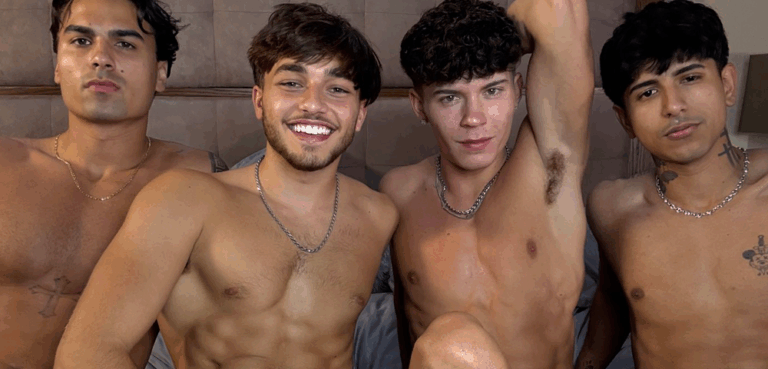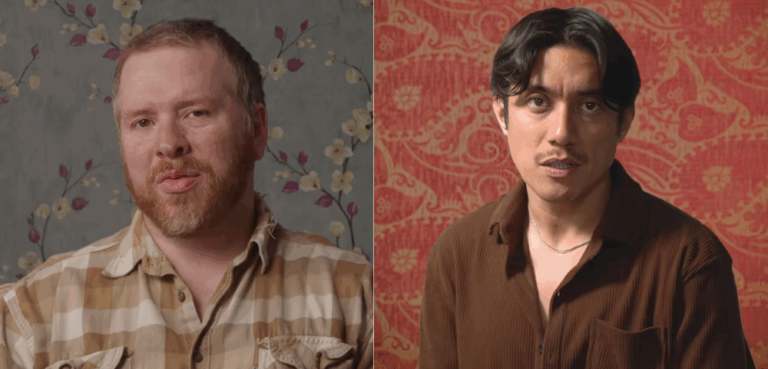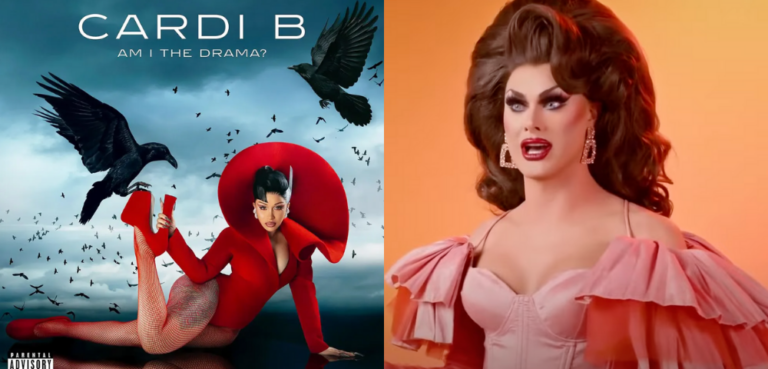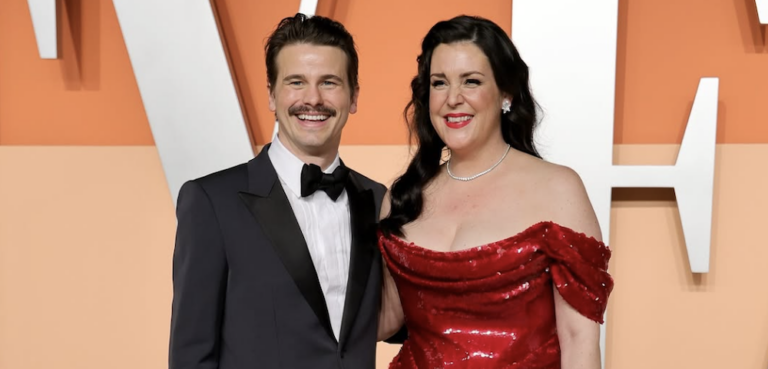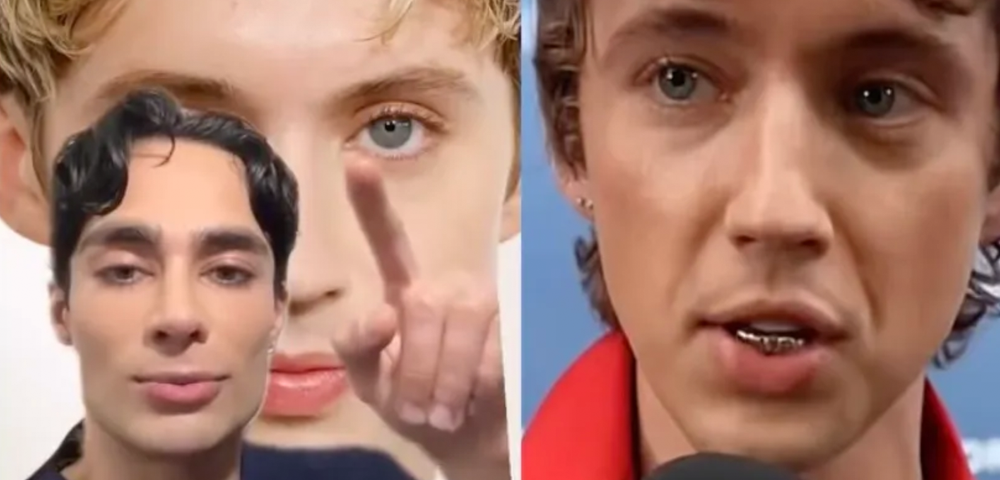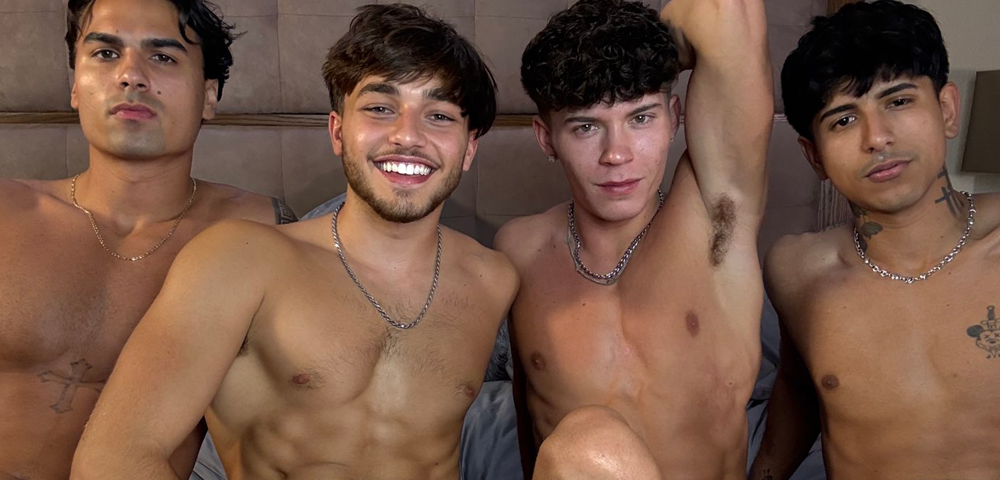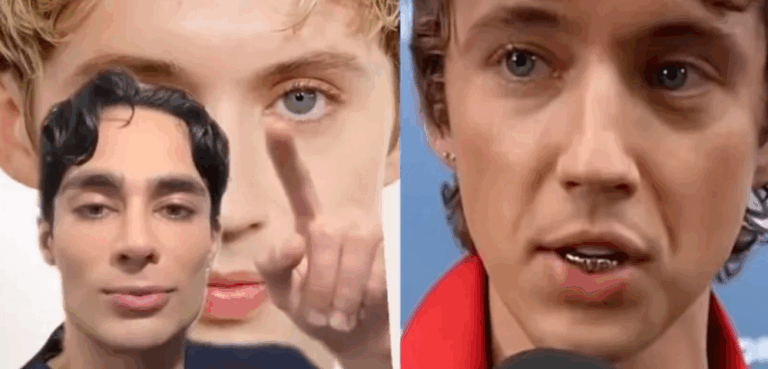
TikTok Censors LGBTQI Hashtags
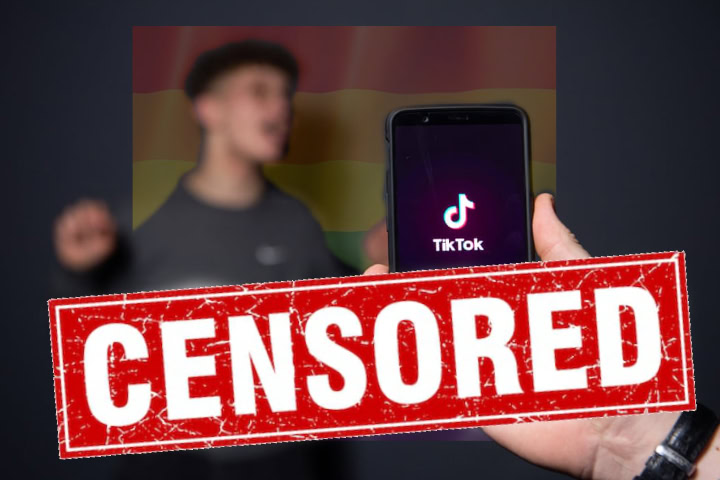
TikTok has come under fire following an admission that the social media platform has placed restrictions around several LGBTQI hashtags in countries where LGBTQI rights are still hard fought for battles.
The revelation comes after a report by the Australian Strategic Policy Institute was released in September.
Under the platforms new policy the hashtags “gay,” “lesbian,” and “transgender” have been banned in Russian. While in Estonian, Bosnian, and Arabic, the terms “I am a gay/lesbian”, and “transgender” and “transitioning” in Arabic were similarly censored.
The move restricted the content under a “shadow ban”, a stealth form of censorship in which a user may not be aware that they are being censored. However, this not only effects users in the above mentioned countries, but will have flow on effects for users the world over.
The report tabled by ASPI, showed that TikTok ‘engages in censorship on a range of political and social topics, while also demoting and suppressing content. Case studies in this report show how discussions related to LGBTQI issues, Xinjiang and protests currently occurring in the US, for example, are being affected by censorship and the curation and control of information.’
Also uncovered was the fact that that TikTok categorises most of the shadow banned LGBQTI hashtags in the same way that it does terrorist groups such as ISIS, swear words, and illicit substances.
This is not the first time that the social media platform, which has close to 800 million users worldwide, has come under fire for its rampant censorship.
In September last year The Guardian revealed documents which laid bare how ByteDance, the Beijing-headquartered technology company that owns TikTok, was advancing Chinese foreign policy aims abroad through the app.
In a statement released by the social media giant, TikTok explained that some of the restrictions on hashtags were due to their associations with pornographic searches. It added that the company “strongly supports our LGBTQ creators around the world.”
Some terms “were partially restricted due to relevant local laws,” while “other terms were restricted because they were primarily used when looking for pornographic content,” the spokesperson claimed. Other terms in English and Arabic were “incorrectly moderated,” they added.
“In addition, we want to be crystal clear that TikTok strongly supports our LGBTQ creators around the world and is proud that LGBTQ content is among the most popular category on the platform with billions of views.”
